Are you someone who craves sweet things often? Sugar has a bittersweet reputation when it comes to health. Let’s find out why.

Sugar is full of calories. Something that we try to avoid in all types of foods. It’s not that the sugar calories are more fattening than any other calories. It’s just calories are calories, and sugar packs a lot. The bottom line is that sugar does one of two things. It either displaces more nutritious foods in your diet, which means you’re screening out nutritious-dense foods, or it adds calories to your diet.
There are a couple of issues with sugar. The biggest thing is that sugar has no nutritional value. Foods that tend to have a lot of sugar added, they don’t provide the satiety that you get from other more healthful foods, so people tend to consume more calories when they eat foods with more sugar in it. The other worry is sweetened beverages. If you eat a piece of cake or a cookie , your hormones signal you by letting you feel like you’ve had something to eat. That doesn’t happen with a soda.
Glucose is the body’s major fuel and is broken down from carbohydrates. Which is a combination of sugar molecules, in the foods we eat. Simple sugars such as sucrose and fructose are composed of only one or two sugar molecules and are converted to blood glucose faster than more complex carbohydrates. Carbohydrates come from all food groups except proteins and fats. Fruits, vegetables, starchy foods, milk and yogurt are all sources of carbohydrates. Sweet foods and beverages contain carbohydrates in the form of simple sugar. Table sugar, honey, syrup, jelly/jam, and any other sweet additions are also carbohydrates termed as “simple.”
All these very tasty foods and beverages can displace more nutritious complex carbohydrates, which provide vitamins, minerals, phytochemicals, and fiber.
The Sweet Danger Of Sugar:
We consume way too much added sugar. Adult men take in an average of 24 teaspoons of added sugar per day. That is an equal to 384 calories. Also, the higher the intake of added sugar, the higher the risk for heart disease. Over the course of a 15-year study, people who got 17% to 21% of their calories from added sugar had a 38% higher risk of dying from cardiovascular disease compared with those who consumed 8% of their calories as added sugar.
How sugar actually affects heart health is not completely understood, but it appears to have several indirect connections. For instance, high amounts of sugar overload the liver. Consuming too much added sugar can raise blood pressure and increase chronic inflammation, both of which are pathological pathways to heart disease. Excess consumption of sugar, especially in sugary beverages, also contributes to weight gain by tricking your body into turning off its appetite control system because liquid calories are not as satisfying as calories from solid foods. This is why it is easier for people to add more calories to their regular diet when consuming sugary beverages.
Chances are that you already know that eating too much sugar isn’t good for you. Yet, you’re probably still over consuming it. No matter what it’s called, sugar is sugar, and in excess, it can negatively affect your body in many ways. Here’s a closer look at how sugar can mess with your health, from head to toe.
How sugar affects your body organs?
Your Brain:

Eating sugar gives your brain a huge surge of a good feeling chemical called “dopamine”. Therefore, your brain starts to need more and more sugar to get that same feeling of pleasure.
Your Mood:
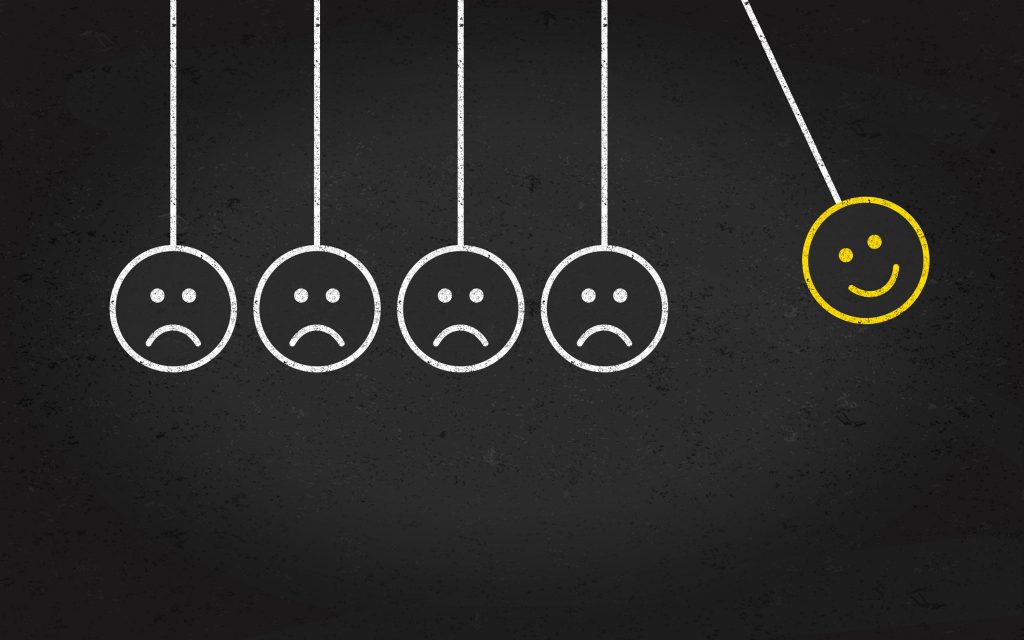
The occasional candy or cookie can give you a quick burst of energy by raising your blood sugar levels fast. When your levels drop as your cells absorb the sugar, you may feel jittery. But if you are reaching for the cookie jar often, sugar starts to have a negative effect on your mood.
Your Teeth:

You probably rolled your eyes at age 12, but your mother was right, candy can rot your teeth. Bacteria that cause cavities love to eat sugar lingering in your mouth after you eat something sweet.
Your Joints:
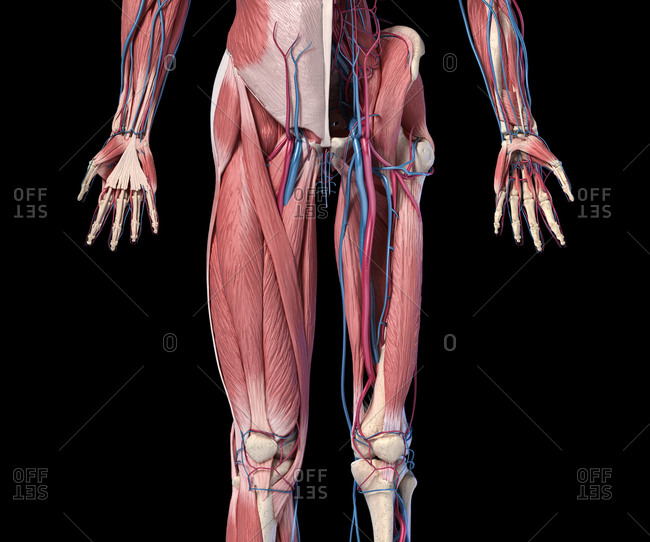
eating lots of sweets has been shown to worsen joint pain because of the inflammation they cause in the body.
Your Skin:

Excess sugar attaches to proteins in your bloodstream and creates harmful molecules called “AGE’s”. These molecules do exactly what they sound like they do: age your skin.
Your Liver:
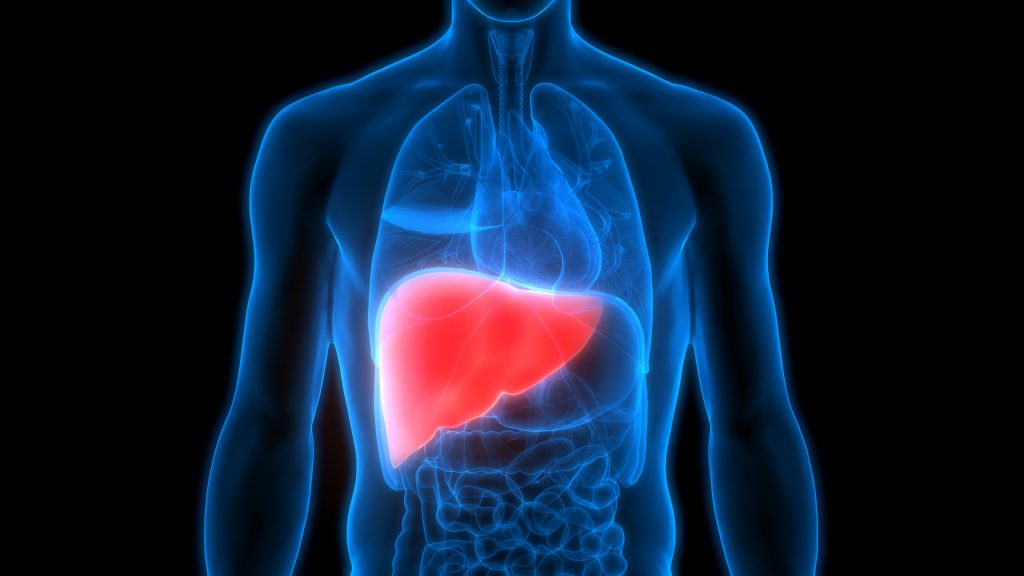
An abundance of added sugar likely contains fructose or high fructose corn syrup. Fructose is processed in the liver and if consumed in large amounts, it can damage the liver. When fructose is broken down in the liver it is transformed into fat.
Your Heart:
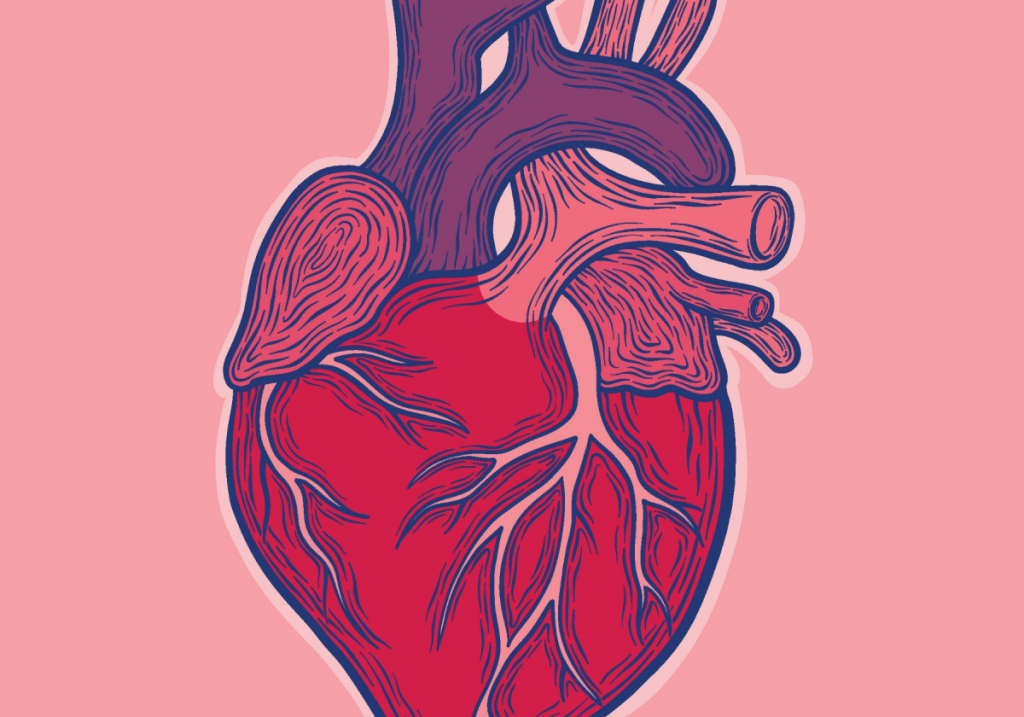
When you eat excess sugar, the extra insulin in your bloodstream can affect your arteries. It causes their walls to get inflamed, grow thicker than normal and more stiff. This stresses your heart and damages it over time. This can lead to heart disease, like heart failure, heart attacks, and strokes.
Your Pancreas:
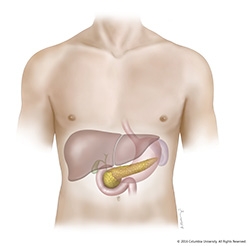
When you eat, your pancreas pumps out insulin. But if you’re eating way too much sugar and your body stops responding properly to insulin, your pancreas starts pumping out even more insulin. Eventually, your overworked pancreas will break down and your blood sugar levels will rise, setting you up for type 2 diabetes and heart disease.
Your Kidneys:

If you have diabetes, too much sugar can lead to kidney damage. The kidneys play an important role in filtering your blood. Once blood sugar levels reach a certain amount, the kidneys start to release excess sugar into your urine. If left uncontrolled, diabetes can damage the kidneys, which prevents them from doing their job in filtering out waste in your blood. This can lead to kidney failure.
Your Weight:

This probably isn’t news to you, but the more sugar you eat, the more you’ll weigh. Excess amounts of sugar can inflame fat cells causing them to release chemicals that increase weight.
How Much Sugar Is Okay?
If 24 teaspoons of added sugar per day is too much, then what is the right amount? It’s hard to say, since sugar is not a required nutrient in your diet. You should preferably consume no more than 150 calories (about 9 teaspoons or 36 grams) of added sugar per day. Adults should have no more than 30g of free sugars a day. Children aged 7 to 10 should have no more than 24g of free sugars a day. Children aged 4 to 6 should have no more than 19g of free sugars a day.
Let’s Work On MINUS – ing The Sugar:
Reducing Sugar In Liquids:
- Instead of fizzy drinks, go for water, lower-fat milk, or sugar-free, diet or no-added-sugar drinks. Choosing lower-fat milk reduces your saturated fat intake.
- Unsweetened fruit juices and smoothies should be limited to no more than 150ml a day.
- If you take sugar in hot drinks or add sugar to your breakfast cereal, gradually reduce the amount until you can cut it out altogether. Alternatively, switch to a sweetener.
Reducing Sugar In Food:
- Rather than spreading high-sugar jam, syrup, chocolate spread or honey on your toast, try a lower-fat spread, reduced-sugar jam or fruit spread, sliced banana or lower-fat cream-cheese instead.
- Check nutrition labels to help you pick the foods with less added sugar, or go for the reduced- or lower-sugar version.
- Try reducing the sugar you use in your recipes.
- Choose unsweetened whole grain breakfast cereals that are not frosted, or coated with chocolate or honey. Try adding some fruit for sweetness.
- Products are considered to either be high or low in sugar if they fall above or below the following thresholds:
- High: More than 22.5g of total sugars per 100g
- Low: 5g or less of total sugars per 100g
What Happens If You Take In Very Little Sugar:
Every cell in your body needs energy to function. The main source of energy might come as a surprise: It’s sugar. Blood sugar is essential to proper brain, heart, and digestive function. It even helps keep your skin and vision healthy. A blood sugar level below 70 mg is low and can harm you.
What Causes Low Sugar Levels:
- skipping meals and snacks
- not eating enough food during a meal or snack
- exercising longer or harder than usual without eating some extra food
What Can Be Done:
- Eat, drink, or take something that contains sugar that can get into the blood quickly.
- Wait about 10 minutes to let the sugar work.
Studies have shown that when you stop eating sugar, it can have a similar effect on your body as to when people get off drugs. You may see withdrawal symptoms such as headaches, exhaustion, brain fog, irritability, etc. Some people even experience digestive issues.
At the end of the day, it’s important to figure out the sugar intake that’s right for you.Some people can handle a little bit of sugar in their diet, while for others it causes cravings, binge eating, rapid weight gain and disease. Every individual is unique and you need to figure out what works for you.



Pingback: Orthorexia- Obsession With Health | Social Media | Health | BTP
Pingback: Diabetes - All You need to know | Life | Health | BTP
Pingback: Routine Body Check Ups | Health | Life | Top Notch | BTP